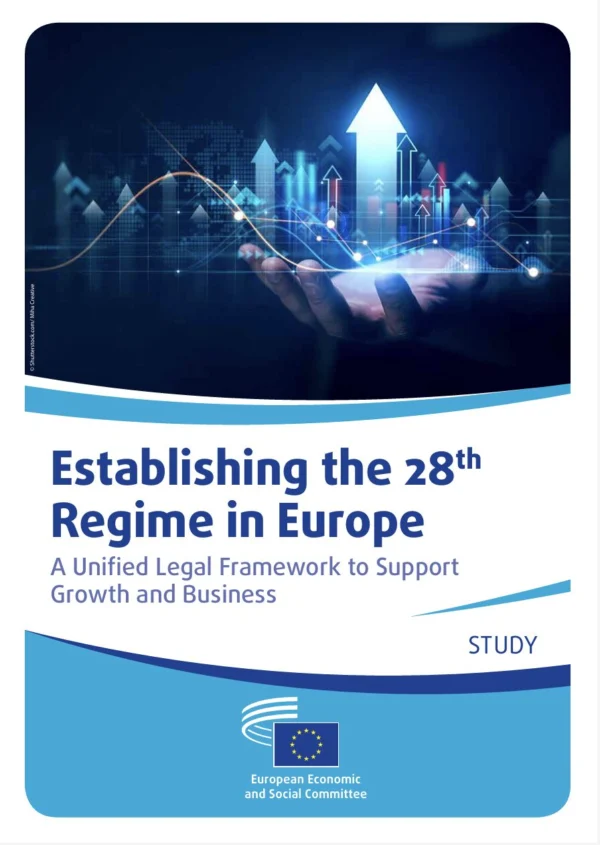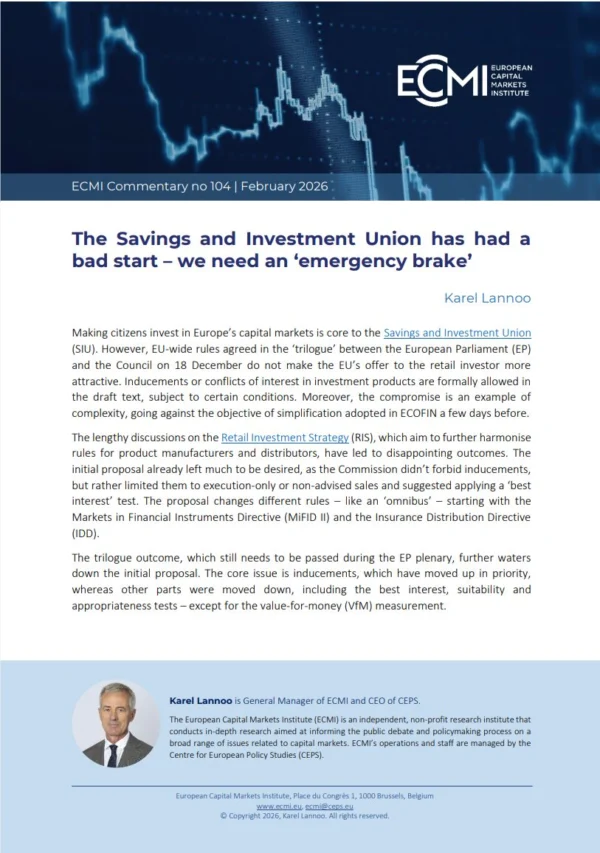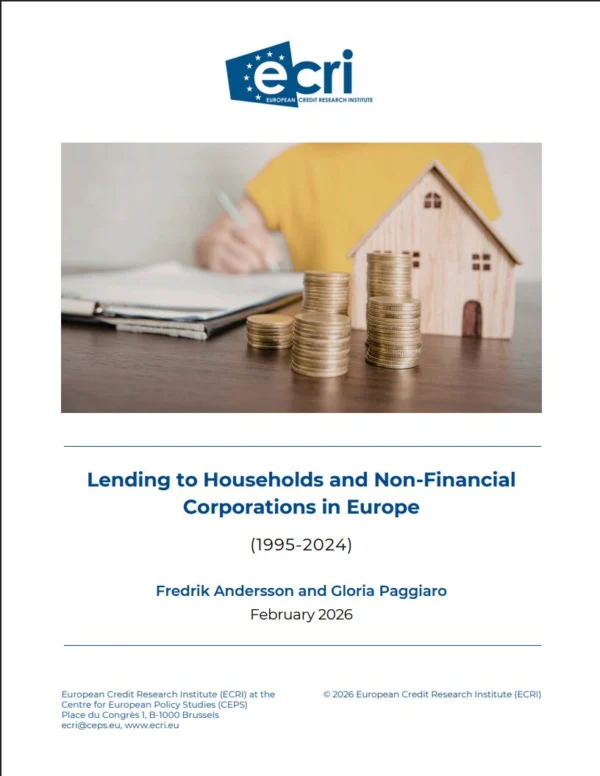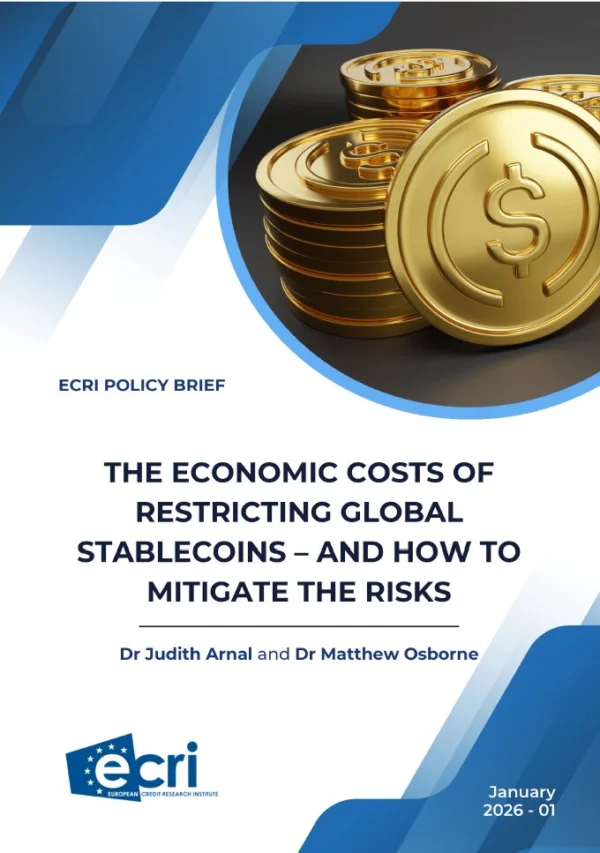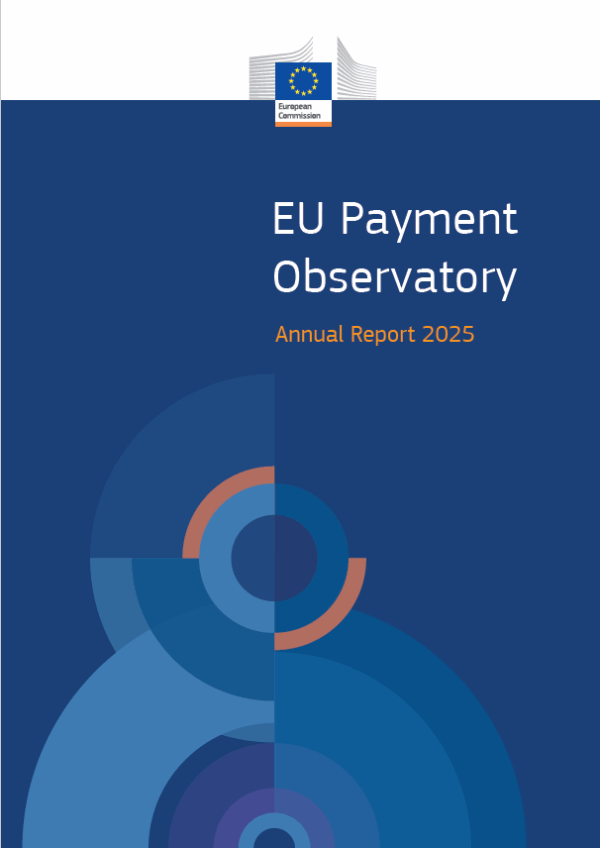The European Union’s internal market remains one of its most powerful economic assets, yet fragmentation across legal, administrative and regulatory frameworks continues to undermine its full potential. Despite progress in removing formal barriers, divergences in company law, taxation, employment rules, insolvency and accounting standards impose significant compliance costs and strategic uncertainty on firms operating across borders, particularly small and medium-sized enterprises (SMEs) and innovative scale-ups.
In this context, the 28th regime has emerged as a promising but underdeveloped instrument. It refers to an optional EU-level legal framework that coexists with, but does not replace, national laws. Such a regime allows firms and individuals to opt into a common EU rulebook in specific domains, facilitating cross-border activity without requiring harmonisation across all Member States. However, past attempts to introduce 28th regime-like initiatives have met with limited success, often due to conceptual ambiguity, political resistance and weak implementation design.
This study offers a comprehensive analysis of the concept, rationale, historical evolution, and prospects of the 28th regime in EU law. Drawing on legal doctrine, comparative policy analysis and lessons from prior initiatives, it presents a new blueprint for how an optional EU-level framework could be designed and deployed more effectively in the next phase of EU integration.
Pol Diestre and José Salcedo Jimenez also authored this study. This study was prepared by CEPS and Ecorys for the European Economic and Social Committee (EESC) and originally published here.
